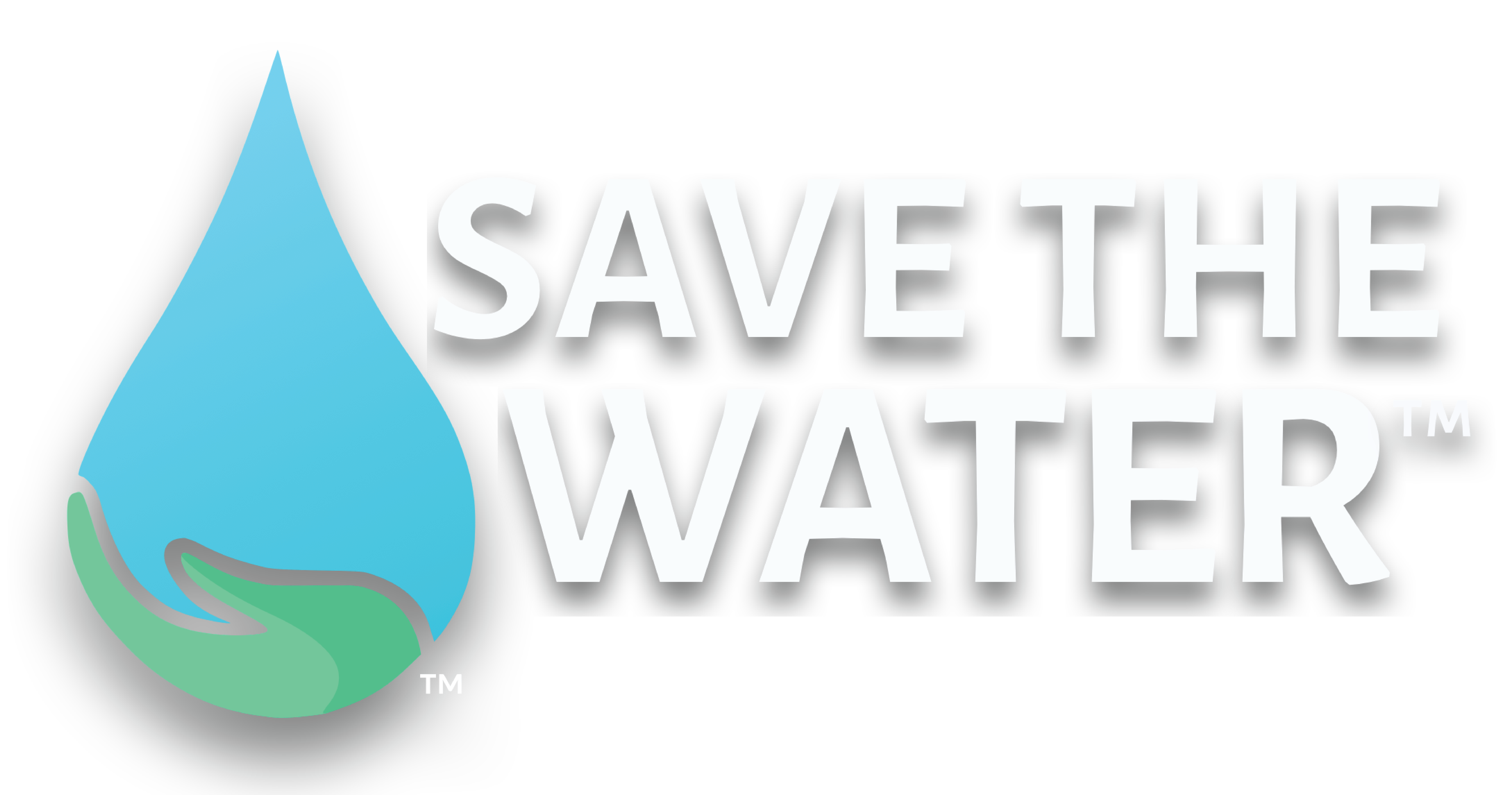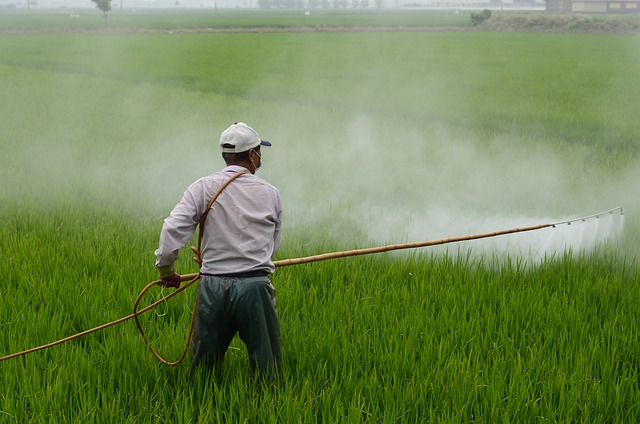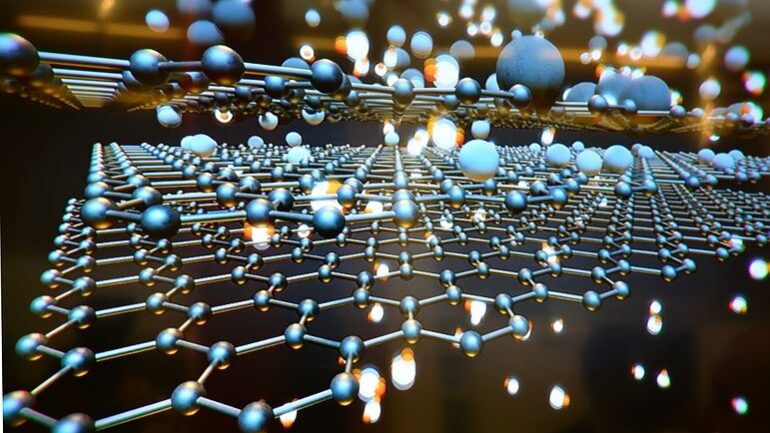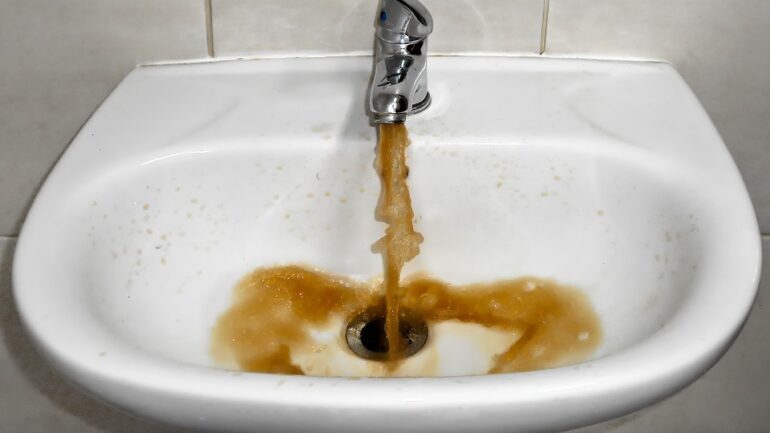By Brigitte Rodriguez, Associate Researcher & Writer for Save The Water™ | April 4, 2023
Pesticides are used all over the world in order to sustain the demand for food. However, the spraying of chemicals in the agricultural sector can have significant negative impacts on the environment. They especially affect the aquatic ecosystem and human life.
What are Pesticides?
Pesticides are chemicals that people use to control pests. A pest can be any living organism that causes economic damage or disease. For example, many insects, rodents, and fungi cause damage to domestic and agricultural spaces. Thus, they’re considered pests.
Currently, there are 800 pesticides registered in the United States. However, these pesticides can cause negative health effects, contaminate the environment, and impact wildlife.
The effects of pesticides vary according to the degree of exposure, but many of them are worrying:
- Cancer
- Asthma
- Diabetes
- Parkinson’s disease
- Neuropsychological and cognitive effects
How Do Pesticides Impact Drinking Water?
There are multiple ways in which pesticides can impact drinking water:
- Runoff from surface water can carry pesticides from land to bodies of water.
- Pesticides that aren’t thrown away correctly can pollute soil and drinking water reserves.
- When chemicals are applied, they may leak into private wells if the wells are cracked.
- Soluble pesticides are carried by water, especially during rainfall, eventually polluting drinking water.
How are Pesticides Affecting India?
In India, the region of Kashmir is characterized by the start of agricultural activities in early Spring. However, the spraying of pesticides is affecting this territory. Pesticides are being washed into natural water channels due to rainfall during the second quarter of the year.
These chemical-laden waters move into water supply plants. Thus, the water supplied to the people isn’t properly treated before they drink it. This has a direct impact on the lives of people and the aquatic ecosystem.
It’s clear that the government isn’t properly controlling the quality of drinking water in Kashmir. However, with effort and cooperation, the government and citizens of India can solve this socio-environmental problem.. Doing so could ensure that water resources are free of pesticides and contaminants.
Future Perspective
Certainly, the effects of pesticides should encourage us to take action. Regulations are being put in place to reduce the use of chemicals. For instance, the EPA is managing all pesticides distributed and imported into the US.
Additionally, more and more eco-friendly components are being used in the production of pesticides. For example, microbial insecticides, insecticidal oils, neem oil, and many others.
The hope is to reverse the effects of pesticides on water and restore the ecosystem.
What Can You Do to Fight Pesticide Pollution?
You can make a few changes to reduce the impact of pesticides:
- Consider using non-toxic methods to control pests.
- Make a garden at home and start growing your own vegetables.
- Peel vegetables to avoid pesticide residue.
- Wash vegetables and fruits before eating them.
What Can You Do to Save Water From Pesticides?
There are a few ways that you can protect water from pesticides
- Take part in public awareness campaigns to draw attention to the importance of the proper use of pesticides.
- Ensure that you’re using pesticides away from water bodies.
- If you live in a country or region where water bodies are at risk, urge your government to better manage cleaning sewage and wastewater.





